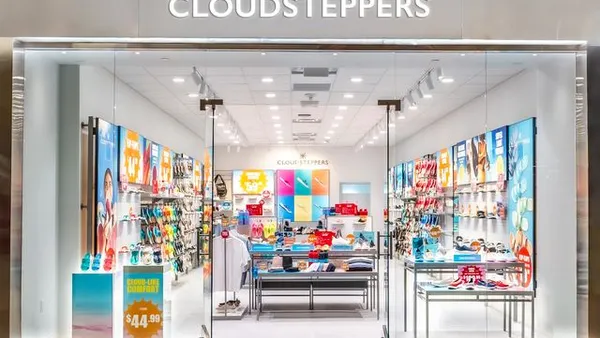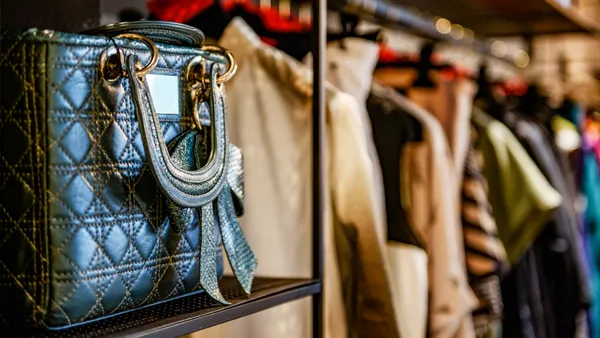Dive Brief:
-
In Las Vegas last week, T-Mobile opened its fifth "signature store," a location with a Vegas-worthy nightclub vibe, according to Geekwire reporters in town for CES, the annual consumer electronics trade show organized by the Consumer Technology Association.
-
The two-story location on the strip includes not just the mobile devices typically found at a wireless carrier location, but also demos of voice assistant technology from Amazon and Google and virtual reality tech from HTC, according to the report.
-
The store enjoys a tie-up with nearby T-Mobile Arena (which opened in 2016), and a huge touchscreen allows T-Mobile subscribers, who get perks for being a customer, to buy tickets to sports events and concerts, Geekwire said.
Dive Insight:
Wireless retailers, with their basic merchandising and streamlined stores, don't tend to be on the cutting edge of retail. But it's high time they were, according to retail prophet Doug Stephens, author of "Reengineering Retail: The Future of Selling in a Post-Digital World."
"Traditionally, mobile providers have competed almost exclusively on the basis of coverage and cost and consequently put themselves on a race to the bottom," he told Retail Dive in an email, calling T-Mobile's newest stores "definitely a step in the right direction."
In today's world, with a Generation Z that has never experienced life without being connected, there's rich opportunity to use stores to reach customers more deeply. "Creating a more engaging store experience not only adds a point of brand differentiation, it also tells a fuller story to consumers about the various roles wireless and connectivity can play in our lives," he said.
T-Mobile isn't entirely breaking new ground with its "signature stores," according to Stephens, who noted that Verizon did something similar in their flagship stores a few years ago, where they segmented mobile-based activities into lifestyle stories (fitness, commerce, work, play etc.) and created interactive zones throughout. But there's opportunity to do more, even for these early players, he also said. The product — what the retailer sells — should not be the focus, especially for those selling fairly interchangeable merchandise.
"Businesses, especially commodity categories like wireless, need to begin from a position that imagines the product itself as being 'free,'" he said. "They need to imagine that what [the] customer is actually paying for is the brand, store and service experience instead. Only then will they create experiences that are truly next level."
One retailer accomplishing that, according to Stephens, is Apple. "A significant amount of what you're actually paying when you buy an Apple computer is admission into the Apple brand, customer experience and service ecosystem," he said. "More brands need to approach their businesses this way."














